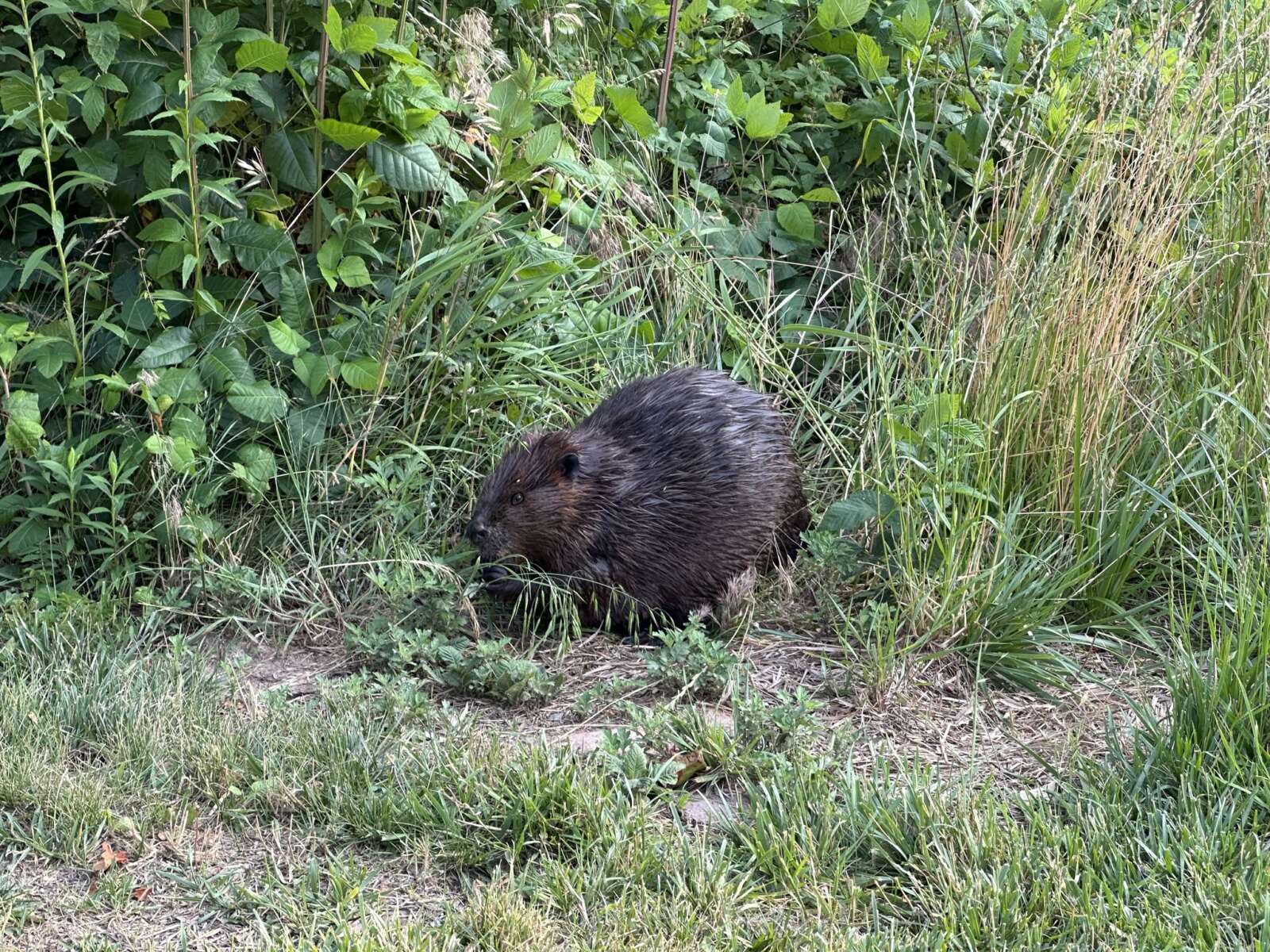
This is a sponsored post by veterinarian Elizabeth Arguelles, owner of Just Cats Clinic at Lake Anne Plaza. She writes weekly on Reston Now.
Kidney disease, kidney failure or chronic kidney disease (CKD) is a renal disease in which a cat’s kidneys progressively shut down. Just as in the case of humans, cats often develop CKD as part of the aging process. Compared to us, however, cats are much more likely to get the disease. CKD will develop in 10 percent of cats older than ten and 30 percent of cats older than 15. Younger cats can also get CKD, but in those cases, the illness generally is caused by exposure to toxins.
CKD can be a very difficult disease to treat because it is usually diagnosed only after it has progressed significantly. It cannot even be detected until a cat has lost more than 65 percent of their kidney function. It is hard to know when this happens, because the cat will often not even display any symptoms until the disease’s later stages. Moreover, the symptoms of CKD, if displayed, may also indicate a completely separate infection.
If you suspect that your cat may have CKD, ask your vet to run a a blood chemistry panel and a urine test. The latter measures the concentration of the urine, which usually decreases as kidney functions are lost. It is important to conduct additional tests to rule out the aforementioned infections.
After their cat has been diagnosed, people usually want to know how bad it is and how the disease can be treated. The answer to both depends on the stage of the disease.
Stage 1: The creatinine level in the blood test is lower than 1.6, which means that less than 66 percent of kidney functions have been lost. At this stage, most vets suggest switching the cat to a more kidney-friendly prescription diet that is lower in processed protein.
Stage 2: The creatinine level is between 1.6 and 2.8, which means that 66 to 75 percent of kidney functions have been lost. At this stage, your vet might also recommend switching to a more kidney-friendly prescription diet if you have not already done so. He or she will probably also recommend a follow-up blood test in six months.
Stage 3: The creatinine level is between 2.9 and 5.0, which means that 76 to 90 percent of kidney functions have been lost. At this stage, your vet might suggest subcutaneous fluid administration to combat dehydration and ease the burden on your cat’s kidneys. You can give the fluids at home using a very simple apparatus.
Stage 4: The creatinine level is higher than 5.0, which means that 90 percent of kidney functions have been lost. At this stage, your cat may be suffering quite a bit, so it is important to keep your feline friend as comfortable as possible. Your cat may lose its appetite, but encouraging or helping them to eat can keep their strength up. At that point, your vet might recommend feeding them whatever they like to eat, regardless of the effect on its kidney. Your vet might also recommend increasing the frequency of the subcutaneous fluids.
Though CKD is certainly a scary disease, do not despair if you learn that your cat has it. Talk to your vet about your concerns. Many vets are willing to try different treatments and approaches to ensure that the needs of your feline friend are met. And always remember to “treat the cat, not the numbers.” Your cat’s lab work might indicate that the CKD has progressed to the later stages, but if your cat still appears healthy, that’s what matters. Don’t give up just because the numbers are bad!
For more comprehensive information, please visit: www.felinecrf.org.





